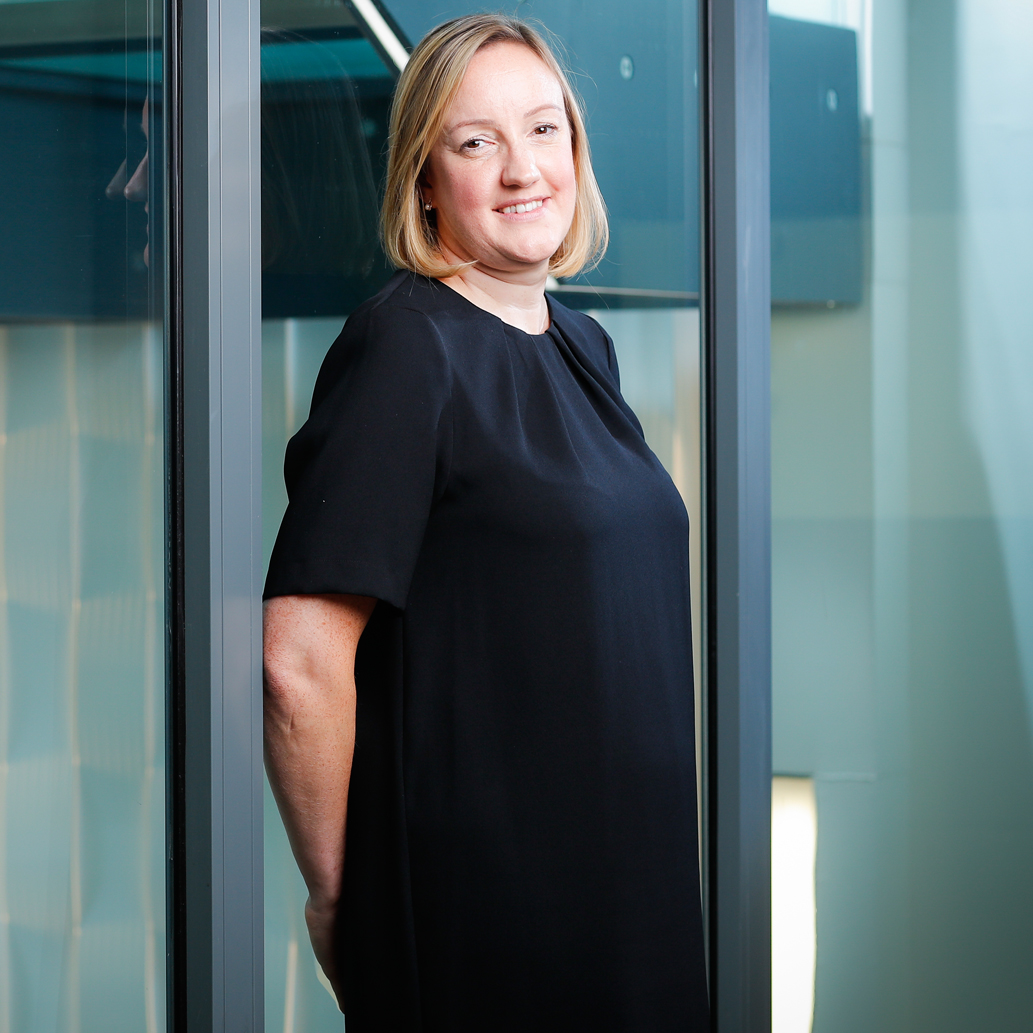The Elizabeth line – London’s newest railway, will stop at 41 accessible stations, ten newly built and 30 newly upgraded, and is expected to serve around 200 million people each year. This massive project has, not unexpectedly, split opinion and there have been obstacles and disruption all the way – including the unearthing of antiquities and burial sites, that have provided fascinating insights into history and delay in equal measure.







